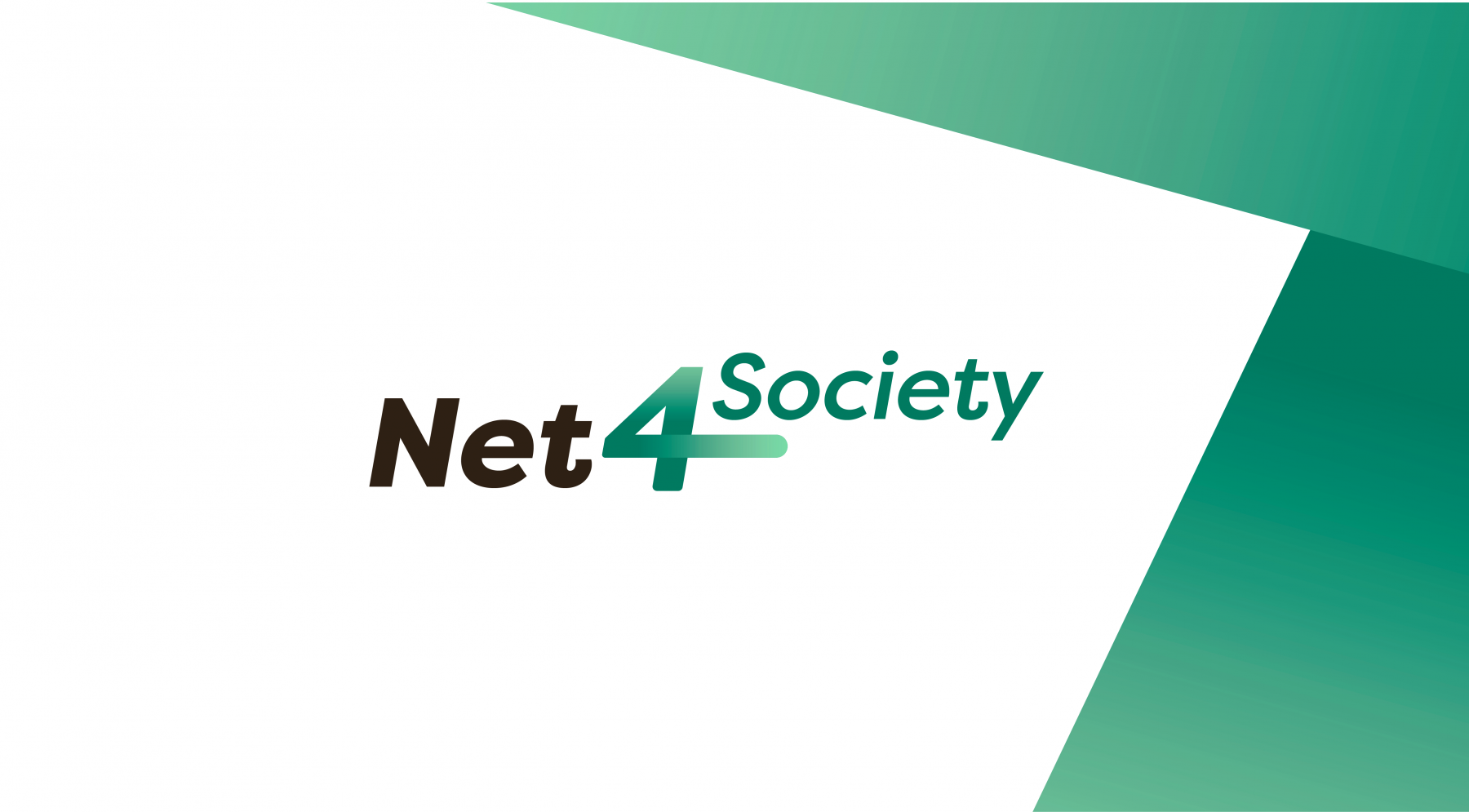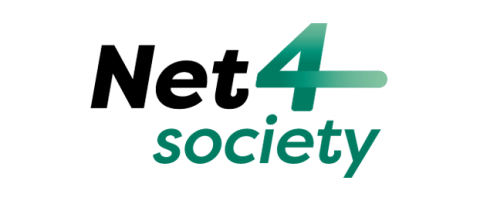Open Call with SSH aspects in ERA-NET NEURON

Published on: 31/03/2023
Deadline:
04 May 2023 at 14:00 (CET): deadline for full proposal
Weblink (URL):
https://www.neuron-eranet.eu/joint-calls/elsa/elsa-jtc2023-neuroethics/
Short Call Abstract:
The aim of the call is to facilitate multinational, collaborative research projects that will address important questions regarding ethical, philosophical, legal and socio-cultural aspects related to the neurosciences and their recent advances, to provide scientific knowledge for an informed debate in science and society, evaluate opportunities and risks associated with technological and methodological progress and to expand the general knowledge base.
Funded projects may address, but are not limited to the following exemplary thematic fields:
- The consequences of the development of neuroscientific diagnostic methods (e.g. handling of incidental findings; the “right not to know”; very early disease prediction before symptoms occur; diagnosis in absence of treatment options; interactions between socio-culturally diverse patients and health personnel; (equal) access to novel expensive methods; unintended use and/or misuse),
- Issues in clinical research with patients suffering from neurological or psychiatric diseases (e.g. developing tools to improve the assessment of decision-making capacity of patients, analysis of legal measures to protect those who do not have the capacity to consent)
- Intelligent technologies and close human-machine interaction (e.g. ambient assisted living, brain-computer interfaces, machine learning); personality changes as side effects of neurological or psychiatric therapies (e.g. deep brain stimulation; brain implants)
- Biobanking of neural tissue (e.g. tissue donation, deceased donor, possible consequences for relatives)
- Use of brain data; brain interventions in legal contexts (e.g. neurorights, data protection, “brain reading” for the detection of deception; brain intervention of offenders; psychosurgery; insurance law)
- The impact of modern neuroscience on traditional philosophical questions, concepts and theories regarding fundamental aspects of human nature (e.g. the relationship between mind and brain, the nature of consciousness, self- and personal identity, free will)
- Neuroenhancement such as alteration of mental states (cognitive, affective) and abilities (e.g. cognition, sleep, appetite, sexual behaviour) in healthy subjects by pharmacological or by electrical/magnetic brain stimulation
- Abnormal behaviour reduced to deviant brain states (e.g. expansion of the concept of neurotypical brain and illness; seeing psychiatric symptoms merely as specific neurochemical imbalances)
- Societal and cultural changes induced by neuroscientific knowledge and its application
- Responsible research an innovation in neurotechnology and neuroscience.
SSH aspects (keywords/disciplines):
Disciplines may include but are not limited to: psychology, sociology, law, philosophy, ethics
Specific participation requirements (optional):
- Each consortium submitting a proposal must be comprised a minimum of two research groups from two different countries eligible for funding by organizations listed.
- Not more than two research groups can be from the same country.
- The total number of research groups in a consortium must not exceed five, including partners participating with their own expenses.
Countries
Belgium, Germany, Spain, Switzerland, Taiwan

